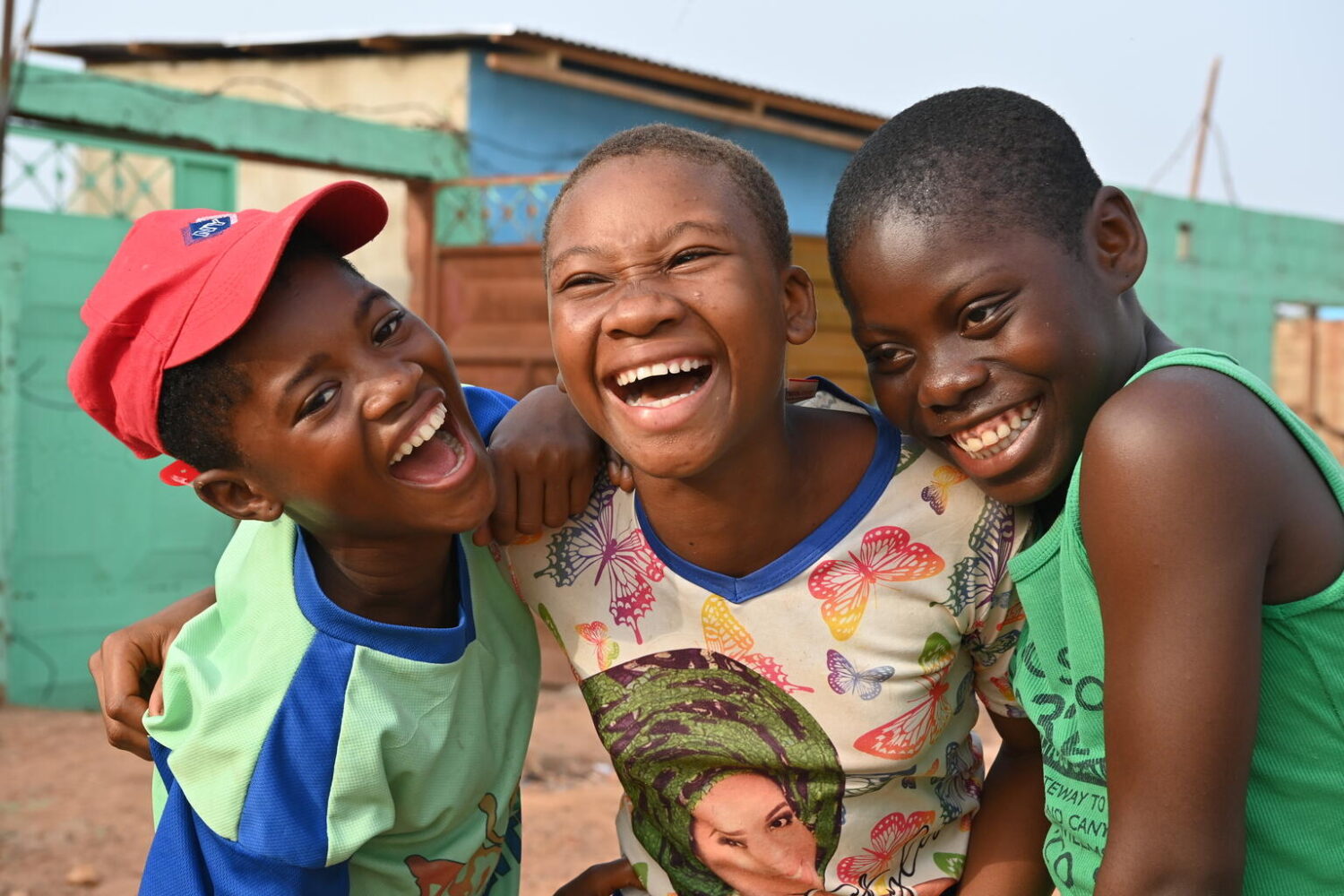
Joint statement on seminal report on the impact of war on children
Download fact sheet on the impact of conflict on children here
NEW YORK, 26 August 2021 – “Twenty-five years ago, Graça Machel released her report to the United Nations, ‘The impact of war on children’, which urged the international community to take concrete action to protect children from the scourge of war and called on the United Nations and the global community to act to protect children.
“The international community heeded the call and took action based on Machel’s recommendations, with the General Assembly establishing the Office of the SRSG on children and armed conflict, and the Security Council establishing a coordinated UN monitoring and reporting mechanism to continue to track the impact of war on children.
“Since then, The United Nations (UN) has verified 266,000 cases of grave violations against children in more than 30 conflict situations across Africa, Asia, the Middle East and Latin America over the past 16 years. This includes more than 104,100 children killed and maimed, 93,000 children recruited and used in fighting and support roles, 25,700 children abducted, and another 14,200 child victims of sexual violence.
“In 2020, the UN verified a total of 26,425 violations against children in conflict situations. This corresponds to 72 violations occurring every single day or three violations every hour. It also marked the seventh year in a row with at least 20,000 verified violations.
“These are only the cases that can be verified through the UN-led Monitoring and Reporting Mechanism, established in 2005 to systematically document the most egregious violations against children in conflict zones. The true figures are undoubtedly much higher.
“But these are not mere statistics. Rather, they represent young lives that have been lost or otherwise devastated by horrifying trauma and suffering. Indeed, many children suffer from more than one grave violation. In 2020, the UN verified that about 10 per cent of the nearly 20,000 affected children were victims of two or more grave violations.
“Despite these continuing impacts on children, significant progress has been made since the report was released, to protect children from conflict. This includes the implementation of global measures and strategies to help keep children safe. Notable examples are the Paris Principles which aim to prevent the recruitment and use of children in armed forces and groups and the Safe School Declaration to strengthen the protection of education from attack and restrict use of schools and universities for military purposes.
“In addition, the UN continues to work directly with families and communities to reduce children’s vulnerabilities and provide them with the support they need to recover from war. Over the years, the UN and its partners have worked relentlessly to secure the release of thousands of children associated with armed forces and armed groups, including 12,643 children in 2020, and provide them with appropriate care and reintegration services.
“Across conflict situations, the Office of the Special Representative of the Secretary General on Children and Armed Conflict (SRSG CAAC) supports the engagement of the UN with all parties to conflict to enter into written timebound commitments to end and prevent violations. UNICEF, through its programmatic presence, together with the co-chairs of the country task forces on monitoring and reporting and UN child protection monitors and experts, assists in identifying entry points for engagement with commanders from armed forces and groups to negotiate concrete measures to protect children. Since 2005, 35 Action Plans and an increasing number of unilateral commitments have been signed by parties to conflict in 17 conflict situations, and have put in place measures to:
- Protect children from the impact of war
- Prevent grave violations from occurring
- Release children associated with armed forces and armed groups and reintegrate them in their communities,
- Protect children from sexual violence,
- Protect schools and hospitals and
- Hold perpetrators accountable.
“Nevertheless, grave rights violations continue, pointing to a widespread and appalling disregard for the rights and wellbeing of children by parties to conflict. At this time, just 18 of the 61 parties to conflict listed in the annexes of the 2021 Secretary-General’s annual report on children and armed conflict have a joint Action Plan or similar commitments with the UN to prevent grave rights violations against children. This is unacceptable. All parties listed should agree and adhere to an Action Plan to protect children and to put in place measures to prevent violations against children from occurring in the first place.
“As Graça Machel said 25 years ago, ‘The impact of conflict on children is everyone’s responsibility, and it must be everyone’s concern’. Parties to conflict and those with influence over them, as well as the international community, should heed this call to action and redouble efforts to end grave violations of children’s rights. All children have the right to be protected from harm and to live in peace.”
###
Notes to Editors:
For more information, contact UNICEF UK’s press office:
Press office – media@unicef.org.uk – 0207 375 6030
About UNICEF
UNICEF works in some of the world’s toughest places, to reach the world’s most disadvantaged children. Across more than 190 countries and territories, we work for every child, everywhere, to build a better world for everyone.
The UK Committee for UNICEF (UNICEF UK) raises funds for UNICEF’s emergency and development work for children. We also promote and protect children’s rights in the UK and internationally. We are a UK charity, entirely funded by supporters.
United Kingdom Committee for UNICEF (UNICEF UK), Registered Charity No. 1072612 (England & Wales), SC043677 (Scotland).
For more information visit unicef.org.uk. Follow UNICEF UK on Twitter, LinkedIn, Facebook and YouTube.


